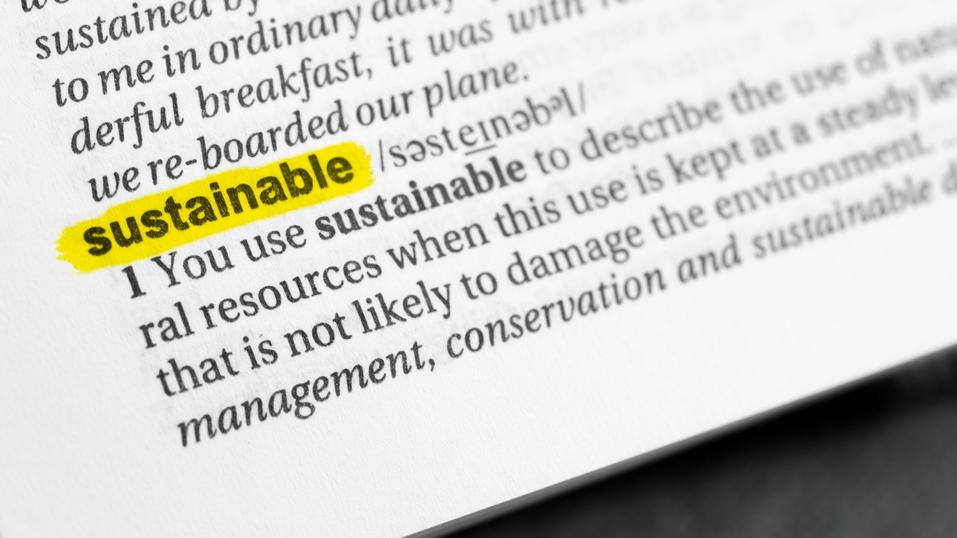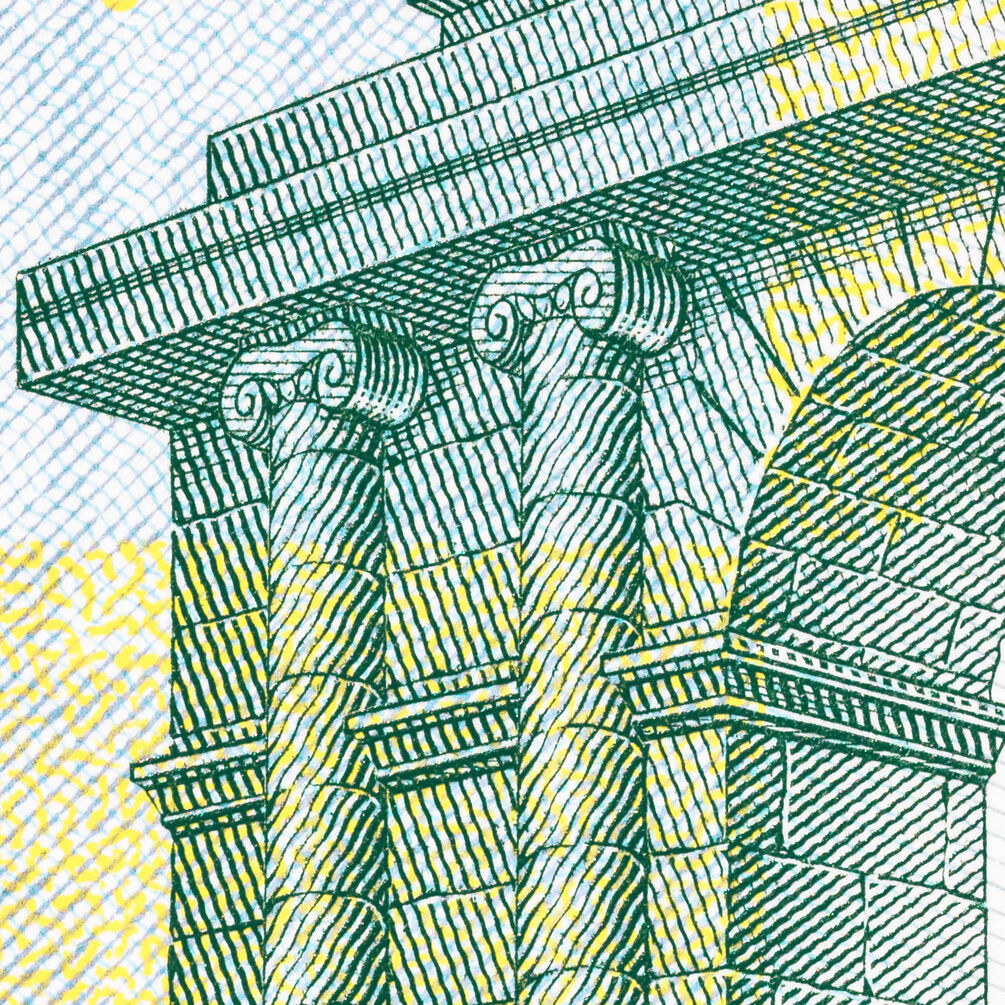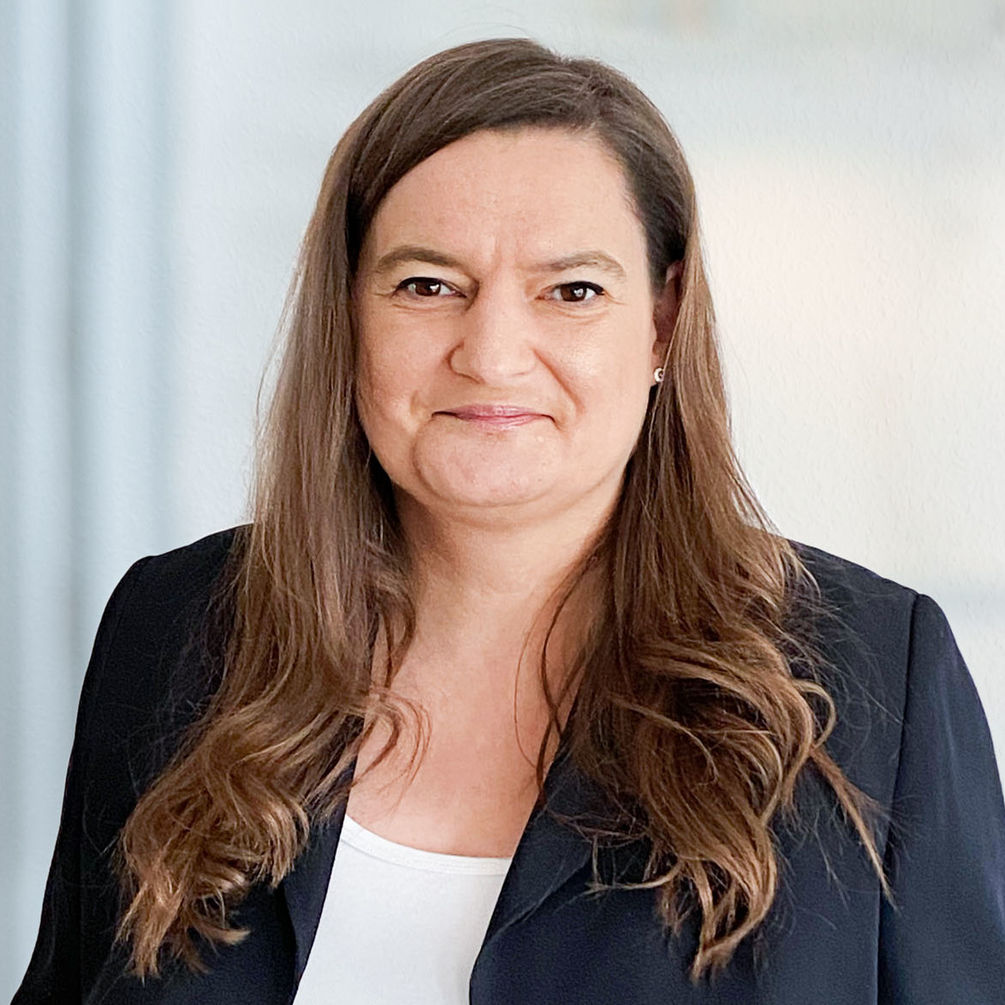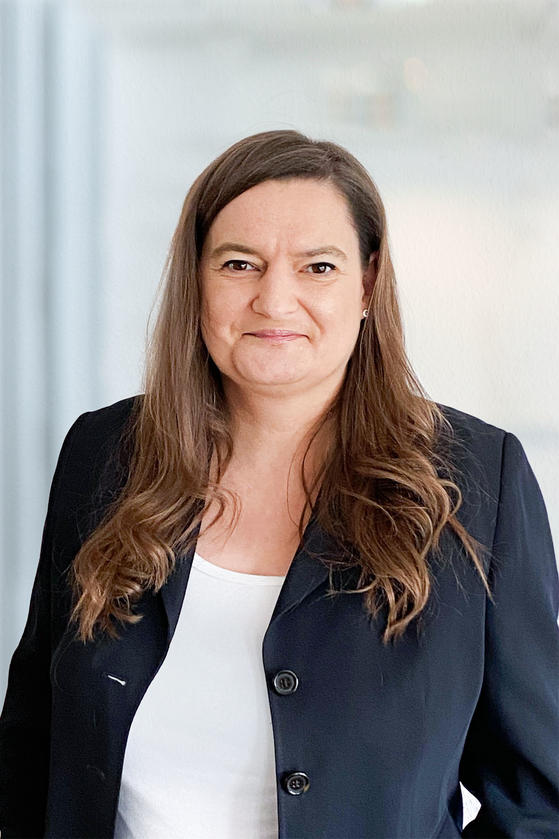Sustainable Finance
More on Sustainable Finance
- Sustainability at a glance
Sustainability at a glance
- Business is booming – and paying its way
Business is booming – and paying its way
- Sustainable finance and COVID-19: brake or boost?
Sustainable finance and COVID-19: brake or boost?
- All roads lead to sustainability
All roads lead to sustainability
- Avoiding greenwashing: substance not soundbites
Avoiding greenwashing: substance not soundbites
Content
Sustainable business and the role of the financial sector
The Instruments of sustainable finance for a sustainable impact
Political leaders and the public at large are increasingly demanding an economy that protects the climate and promotes social justice. The financial sector has its hands on one of the key levers for this transition to sustainability. Its task: use the instruments of sustainable finance to steer capital flows in a direction that creates a sustainable impact.
Sustainability is becoming a significant factor
Consumers shopping for new domestic appliances have become thoroughly accustomed to looking at efficiency ratings as well as price and performance information when perusing the market.
How much water and power can I save by choosing this washing machine over that one? How much of a difference can I make for the environment? Sustainability is becoming a significant factor in our decision-making when we shop for groceries, clothes, cars and even travel services too. Not always and not for everyone, but the trend shines through unmistakably across the real economy and shows no sign of abating.
Companies combine commercial success and a sustainable business model
The concept of growth at any price no longer holds water, with companies able to combine commercial success and a sustainable business model now the example for others to emulate. This is not just about public relations either: smart businesses understand that in the current era, profitability and sustainability are two sides of the same coin. Organisations that have still not managed to integrate sustainability into their strategy properly in 2021 are gambling with their very future: like a washing machine with a miserable efficiency rating, their prospects grow dimmer by the moment.
 Business is booming – and paying its way
Business is booming – and paying its wayBusiness is booming – and paying its way
Learn more about the remarkable growth of sustainable finance products.

What is sustainable finance?
Key terms associated with the issues of sustainability and green finance - explained in a clear and straightforward way.
The challenge of managing risk
Sustainability risks stand out
Why has (old style) business as usual become such a risky policy? Because the pressure to tackle the great problems of the age – climate change, declining biodiversity, social inequality and discrimination against certain groups – is building from all sides. Concern about these issues has increased exponentially of late.
There are also political and economic factors in play over which companies have virtually no control, such as trade wars and countries suddenly turning their back on multilateralism in favour of a decidedly nationalistic outlook. The pandemic is another such event: nobody can predict when they will arrive or exactly what form they will take, but arrive they will and the consequences cannot be ignored. Managing these many and varied risks is becoming part and parcel of business management in the real economy and for the financial sector. Sustainability risks stand out in this context because we know that they have come to stay: we cannot vote them away and we cannot inoculate ourselves against them.
European Green Deal and EU-Taxonomie
Policymakers are responding with new regulations – like the European Green Deal, which aims to make the EU climate neutral by 2050, and the EU taxonomy, which defines the criteria that characterise sustainable investment – that make sustainable operation effectively unavoidable.
Sustainability is not a flash in the pan, some momentary bubble of hype or passing fancy; sustainability is the core economic strategy for the future. This applies to companies of all sectors too even if their business model has no obvious connection with sustainability. Companies in certain sectors, such as the mechanical engineering, mobility, chemical and metal industries, do though undoubtedly have more scope to make an impact with sustainable strategies.
 Sustainable finance and COVID-19: brake or boost?
Sustainable finance and COVID-19: brake or boost?Sustainable finance and COVID-19: brake or boost?
Here you can find out more about the impact of the global pandemic on sustainability in the financial sector.
 How the EU regulates sustainability
How the EU regulates sustainabilityHow the EU regulates sustainability
Sustainable finance - a soft topic? Far from it: The EU has created hard facts.
The power of the financial sector
Steer the real economy in the direction of sustainability with the use of financial instruments
Thanks to its ability to guide capital flows with its instruments and products, the financial sector has considerable power to ensure that investment ends up where it will help to advance the cause of sustainability. Banks have a particular responsibility to exercise the leverage at their disposal: policymakers and the public at large rightly expect institutions to use their financial instruments to steer the real economy in the direction of sustainability.
Helaba ideally positioned for the era of sustainable finance
The tone is very much "We expect..." rather than "Would you mind..." The combination of this clear message and the regulations formally adopted at the political level makes sustainability a key issue for the financial sector. Banks that already have a sustainable approach hard-wired into their ethos possess a distinct advantage here. Helaba, which is organised under public law and thus committed to act in the public interest, is just such an institution: all our customer relationships have sustainability at their heart, so we are ideally positioned for the era of sustainable finance.

All roads lead to sustainability
Read the interview with Yvonne Zwick, Chairwoman of B.A.U.M.
 Avoiding greenwashing: substance not soundbites
Avoiding greenwashing: substance not soundbitesAvoiding greenwashing: substance not soundbites
Helaba supports its customers in meeting the requirements in accordance with the EU sustainability criteria.
Helaba-Experts

Klaus Distler
An expert in international structured and plain vanilla financing arrangements in the form of bonds and promissory notes, Klaus Distler has over 30 years of banking experience. He moved to Helaba, where he is now responsible for Corporate DCM, in 2012 having previously been in charge of Financial Institutions Origination at WestLB and held leading positions at JP Morgan in London and BayernLB in Munich.

Ina Liermann
Ina Liermann has been structuring solutions for listed and family-owned companies seeking external finance with syndicated loans for years. Having first joined Helaba in 2001 to take up a position in the acquisition finance field, the business administration graduate has a sharp eye for specific customer needs and develops borrowing options to match – options in which sustainability plays an ever more central role.
 Three questions for Petra Sandner
Three questions for Petra SandnerThree questions for Petra Sandner
„Sustainability is not a fleeting trend“ says Petra Sandner, Chief Sustainability Officer of the Helaba Group.

